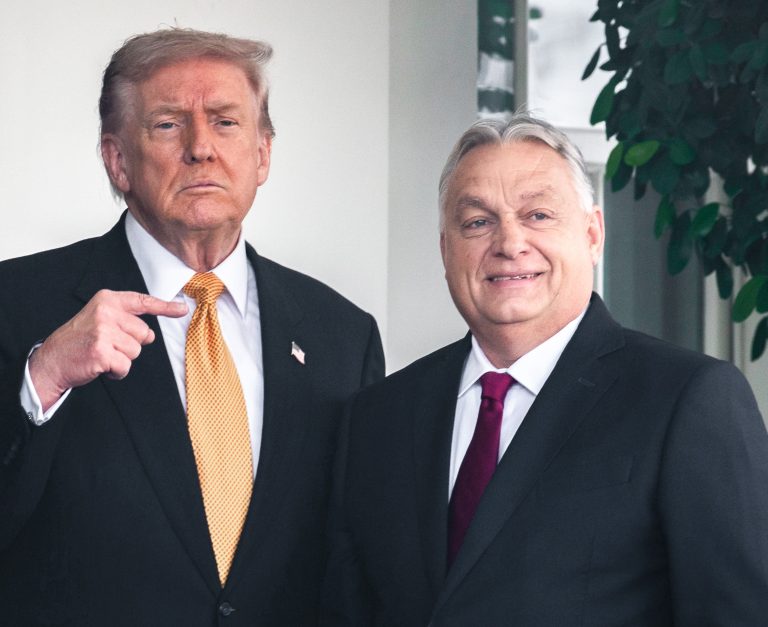Hungarian Prime Minister Orbán is probably the only European leader, along with Italian Prime Minister Meloni, who can celebrate something after returning from the Trump White House. By Trump's side, anyone has been out of Europe already this year. While the visits have not been the disaster that was Ukraine's incoming President Zelensky's, the guests have mostly taken home unsolicited advice, noncommittal promises along with binding assignments, usually in the area of buying American goods. Orbán also got a fair dose of homework, but at least he, unlike others, managed to negotiate what he needed for Hungary.
Economic and political benefits
Hungary got an exemption from US sanctions on purchases of Russian gas and oil. If it had not received it, Hungary would have been threatened with significant trade sanctions because it has no way of replacing Russian raw materials. Although Hungary can be supplied to some extent by means other than the Turkish Stream and Druzhba pipelines, the alternative routes lack sufficient capacity, the chemical composition of the alternative raw materials does not match the needs of Hungarian refineries and, above all, any alternative comes at multiply higher prices.
The negotiated exemption is important for Orbán not only economically, but also politically. When Trump announced sanctions on Russian customers, French President Macron and other Western leaders showed considerable gloating to Budapest. Not only could Hungary not count on any European support, but European leaders reacted along the lines of: you do not want sanctions in Brussels, so you will get them from Washington, and from your favourite Trump, too.
Orbán has shown that he does not care about European grins and that he can take care of his country. The respect that Trump showed him during his visit with various gestures is a slap in the face to the Brussels scoffers and may help Orbán at home ahead of the forthcoming elections.
The price of success
But success has not been free. While Orbán was still visiting, the US State Department published a document quantifying all that Orbán had committed to in return for Trump's helpfulness. A substantial part of the document is a binding shopping list of American products. It is dominated by three items: weapons for USD 700 million, liquefied gas for USD 600 million and nuclear fuel for USD 114 million. It is clear that the sum of almost one and a half billion dollars would have been spent differently by Hungary in different circumstances. It needs neither nuclear fuel nor gas from the Americans, and it can buy weapons cheaper elsewhere.
Hungary's commitment to support the construction of up to ten small modular reactors, worth up to $20 billion, looks ominous. However, this commitment to huge investment in relatively expensive energy (electricity from small reactors is many times more expensive than from traditional reactors) is clearly so far into the future that there will be plenty of opportunities to get out of it. The agreement is also marred by differing interpretations as to the duration of the sanctions exemption: the US State Department talks of one year, the Hungarian Prime Minister of an unlimited period.
One may, of course, question whether it is appropriate for the US to interfere in relations between Russia and Europe, especially when Trump has repeatedly made it clear that he is not interested in the Ukrainian conflict. US interference is justified to the extent that Europe has resigned itself to its own policies and is content with vassal status. Nothing a small central European state can do on its own will change that. But if it has the means, it can at least negotiate a little better terms for itself in its misery than others have. No one can beat Orbán on that.
